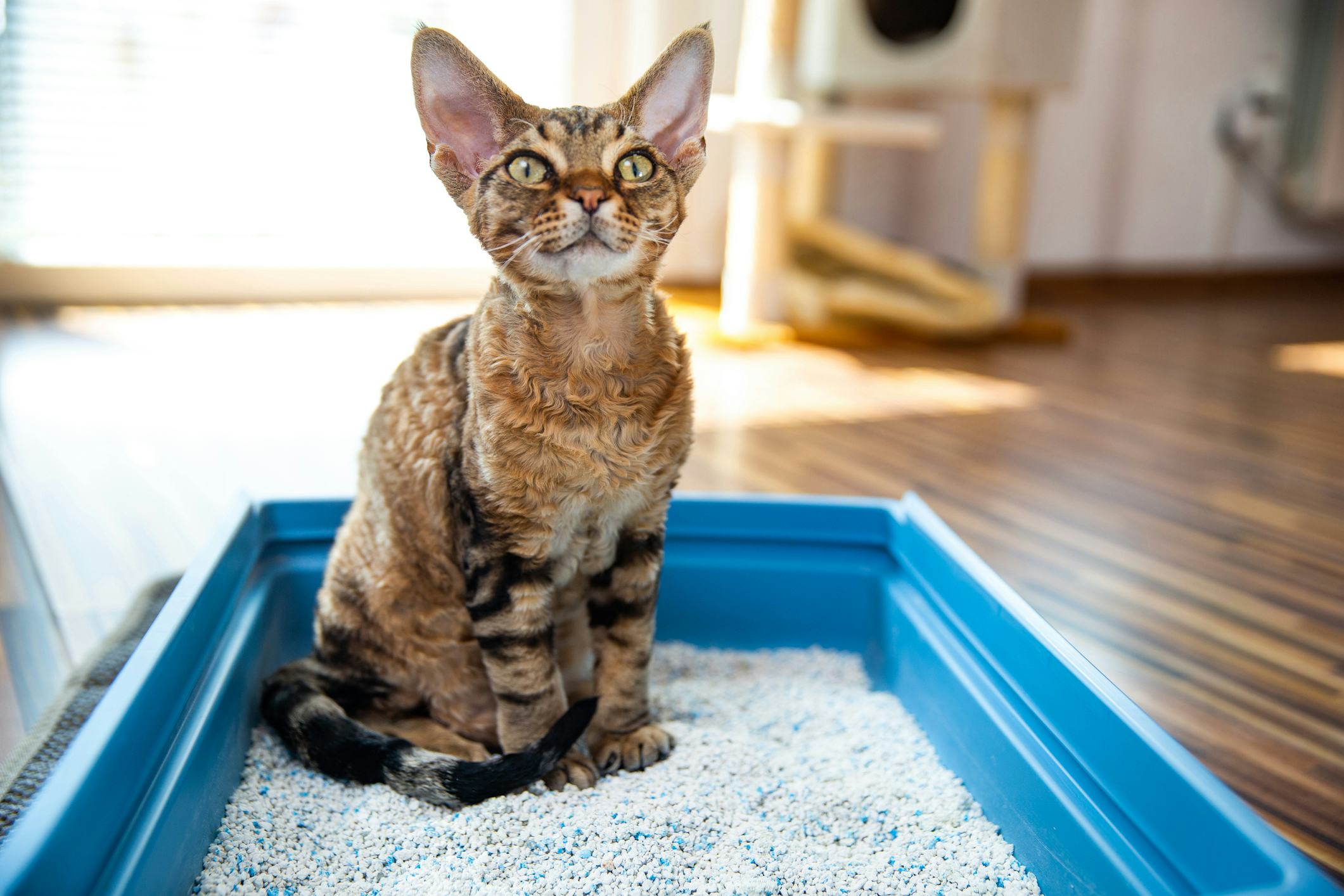Prevent Plumbing Problems: Never Flush Cat Poop Down Your Toilet - Professional Guidance
Prevent Plumbing Problems: Never Flush Cat Poop Down Your Toilet - Professional Guidance
Blog Article
They are making several good observations on the subject of How to Dispose of Cat Poop and Litter Without Plastic Bags in general in this article below.

Introduction
As pet cat proprietors, it's necessary to bear in mind just how we get rid of our feline buddies' waste. While it may seem convenient to purge cat poop down the commode, this method can have harmful consequences for both the setting and human health and wellness.
Alternatives to Flushing
Fortunately, there are more secure and a lot more accountable ways to get rid of pet cat poop. Think about the following options:
1. Scoop and Dispose in Trash
The most typical method of throwing away cat poop is to scoop it right into a naturally degradable bag and toss it in the garbage. Make certain to make use of a devoted clutter scoop and throw away the waste promptly.
2. Usage Biodegradable Litter
Opt for naturally degradable cat trash made from products such as corn or wheat. These trashes are eco-friendly and can be safely taken care of in the trash.
3. Hide in the Yard
If you have a yard, take into consideration burying pet cat waste in a designated area far from vegetable yards and water sources. Make certain to dig deep sufficient to stop contamination of groundwater.
4. Install a Pet Waste Disposal System
Invest in a pet dog waste disposal system specifically made for pet cat waste. These systems utilize enzymes to break down the waste, reducing smell and environmental influence.
Health and wellness Risks
In addition to environmental problems, flushing feline waste can additionally position health dangers to humans. Feline feces may contain Toxoplasma gondii, a parasite that can cause toxoplasmosis-- a potentially serious ailment, particularly for expectant women and individuals with weakened immune systems.
Environmental Impact
Flushing feline poop presents harmful microorganisms and bloodsuckers right into the water supply, presenting a significant risk to aquatic environments. These pollutants can adversely influence aquatic life and concession water quality.
Final thought
Accountable family pet ownership extends beyond offering food and shelter-- it additionally includes appropriate waste administration. By refraining from flushing feline poop down the commode and selecting alternate disposal approaches, we can reduce our environmental footprint and shield human health.
Why You Should Never Flush Cat Poop Down the Toilet
A rose by any other name might smell as sweet, but not all poop is created equal. Toilets, and our sewage systems, are designed for human excrement, not animal waste. It might seem like it couldn’t hurt to toss cat feces into the loo, but it’s not a good idea to flush cat poop in the toilet.
First and foremost, assuming your cat uses a litter box, any waste is going to have litter on it. And even the smallest amount of litter can wreak havoc on plumbing.
Over time, small amounts build up, filling up your septic system. Most litter sold today is clumping; it is made from a type of clay that hardens when it gets wet. Ever tried to scrape old clumps from the bottom of a litter box? You know just how cement-hard it can get!
Now imagine just a small clump of that stuck in your pipes. A simple de-clogger like Drano isn’t going to cut it. And that means it’s going to cost you big time to fix it.
Parasitic Contamination
Believe it or not, your healthy kitty may be harboring a nasty parasite. Only cats excrete Toxoplasma in their feces. Yet it rarely causes serious health issues in the cats that are infected. Most people will be fine too if infected. Only pregnant women and people with compromised immune systems are at risk. (If you’ve ever heard how women who are expecting are excused from litter cleaning duty, Toxoplasma is why.)
But other animals may have a problem if infected with the parasite. And human water treatment systems aren’t designed to handle it. As a result, the systems don’t remove the parasite before discharging wastewater into local waterways. Fish, shellfish, and other marine life — otters in particular — are susceptible to toxoplasma. If exposed, most will end up with brain damage and many will die.
Depending on the species of fish, they may end up on someone’s fish hook and, ultimately on someone’s dinner plate. If that someone has a chronic illness, they’re at risk.
Skip the Toilet Training
We know there are folks out there who like to toilet train their cats. And we give them props, it takes a lot of work. But thanks to the toxoplasma, it’s not a good idea.

As a serious person who reads on How to Dispose of Cat Poop and Litter Without Plastic Bags, I was thinking sharing that excerpt was essential. Don't hesitate to set aside a second to distribute this entry if you liked it. We love reading our article about How to Dispose of Cat Poop and Litter Without Plastic Bags.
Phone Report this page